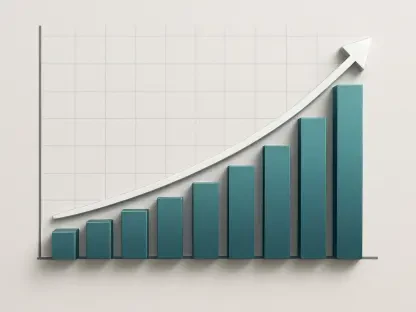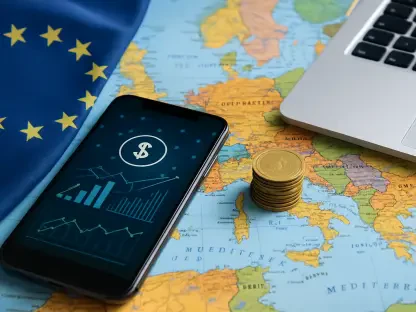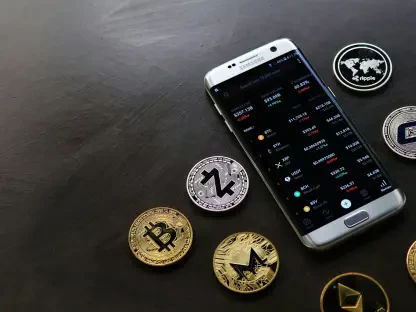Kofi Ndaikate is well-versed in the dynamic world of Fintech. His expertise spans various industry areas, from blockchain and cryptocurrency to regulation and policy. Today, we will discuss the future of the Pebble Project, gold tokenization, and the idea of eco-patriotism.
Can you provide an overview of the Pebble Project?
The Pebble Project is located in southwest Alaska’s Bristol Bay region and contains an enormous deposit of gold, copper, and molybdenum. Estimated to hold 71 million ounces of gold and billions of pounds of both copper and molybdenum, it is one of the largest undeveloped mineral resources on the planet, making it incredibly valuable in today’s market.
What are the major regulatory hurdles the project has encountered?
The primary regulatory hurdles involve environmental regulations imposed by the U.S. Environmental Protection Agency (EPA). These regulations are driven by concerns over the potential impact large-scale mining could have on the local ecosystem, particularly the productive wild salmon fisheries in Bristol Bay.
How does gold tokenization work?
Gold tokenization involves certifying and independently verifying the gold reserves, converting those reserves into digital tokens via blockchain technology, and allowing investors to purchase these tokens. Each token represents a fraction of the total gold deposit, thus providing a stake in the mineral wealth without physically extracting it.
How does tokenization help in preserving the environment?
Tokenization means that the gold stays in the ground, avoiding the environmental damage caused by traditional mining activities such as habitat destruction, waste tailings, and waterway pollution. “No environmental disruption” in this context means that there’s no physical extraction process that affects the local ecosystem.
Can you define eco-patriotism for us?
Eco-patriotism is the philosophy of leveraging a nation’s natural resources in a way that secures economic benefits while preserving environmental integrity. The core principles include preserving natural landscapes, monetizing resources without extraction, maintaining financial sovereignty, and aligning sustainable economic growth with environmental responsibility.
How will this new approach potentially benefit the local community in Alaska?
By tokenizing the mineral deposits, the local communities can benefit economically without facing the adverse environmental impacts typical of mining operations. It also provides a source of income and financial development while preserving their traditional ways of life connected to the natural environment.
What does President Trump’s idea for a sovereign wealth fund involve?
President Trump’s proposal for a sovereign wealth fund is about creating a financial vehicle that assigns value to America’s untapped mineral wealth without extraction. This fund would operate by monetizing these assets through tokenization, thereby generating revenue while ensuring the minerals remain in the ground.
What is NatGold Digital’s role in the tokenization of Pebble Creek?
NatGold Digital is involved in applying blockchain technology to create digital tokens backed by the gold reserves at Pebble Creek. This role includes certifying the reserves and handling the conversion of these reserves into blockchain-based tokens that are secure and tradable.
Why might investors be interested in investing in tokenized gold rather than traditional mining stocks?
Investors might be drawn to tokenized gold because it offers a way to gain exposure to precious metal assets without the risks linked to physical extraction, such as environmental damage and regulatory battles. Additionally, tokenized gold benefits from the security and transparency provided by blockchain technology.
How does America’s approach to its natural resources reflect its broader geopolitical strategy?
America’s approach, through initiatives like gold tokenization and eco-patriotism, reflects a broader geopolitical strategy focused on maintaining its resource sovereignty. By monetizing these resources without extraction, the U.S. can strengthen its economic stance, reduce dependency on foreign extraction, and ensure environmental conservation.
What is your forecast for the future of gold tokenization and eco-patriotism initiatives?
The future of gold tokenization and eco-patriotism looks promising as these initiatives address critical environmental concerns while leveraging technological advancements in blockchain for economic benefits. As awareness grows, we may see increased adoption of these models, benefiting both the economy and the environment.









